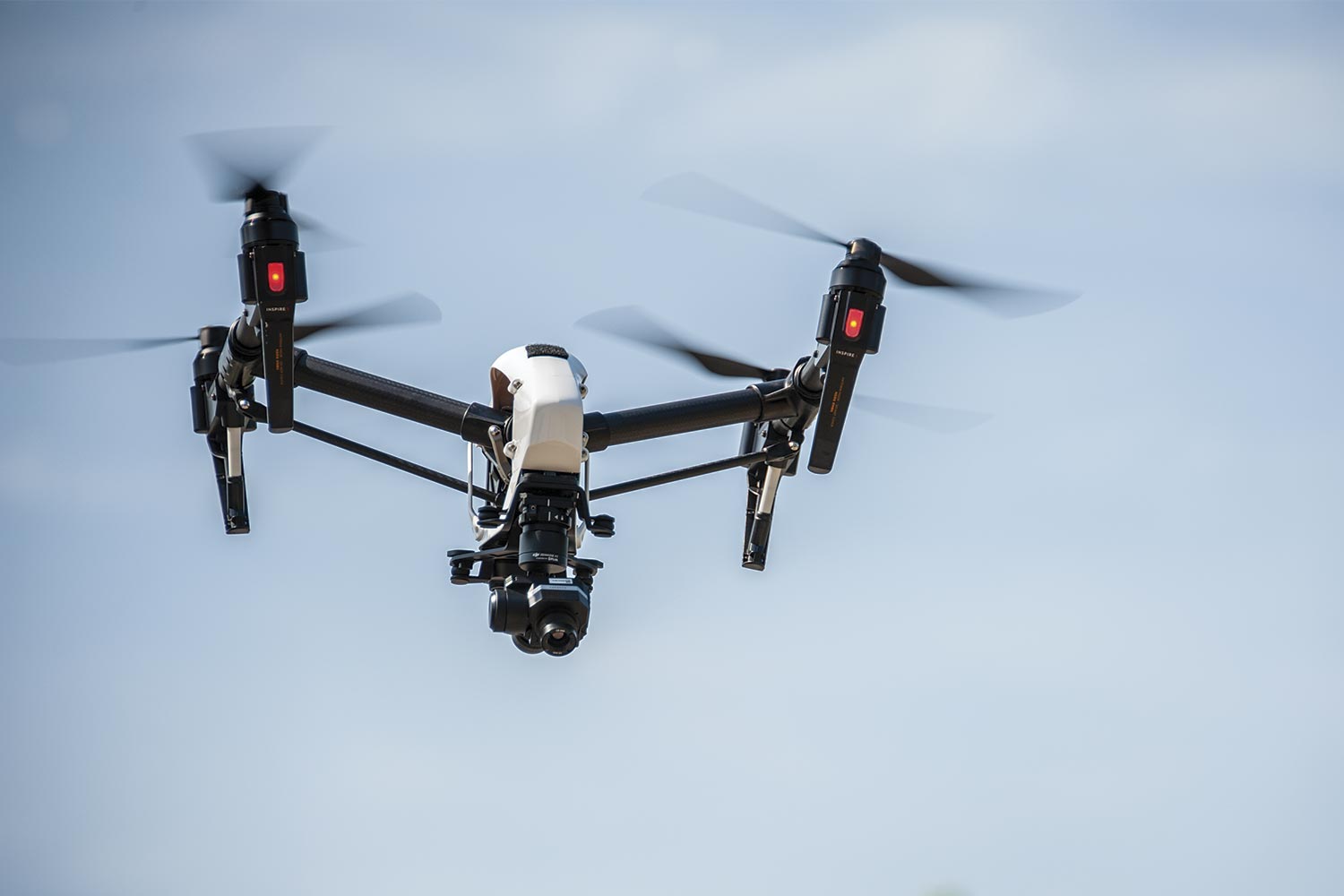Why We Train
PICTURED ABOVE
Constant training helps eliminate mistakes when a real-world situation presents itself. Law enforcement train so officers can make mistakes during practice and not when it matters most. The best way to avoid poor performance is to commit to proper training. (Photo by Jim Robertson)
I am amazed by the dedication of the men and women who put in extra effort to train others. Personally, I am forever grateful to those outstanding individuals who took the time to teach me throughout my career.
I have learned much during my time in this profession, but the answer to the question, “Why do we train?” remains the clearest. Law enforcement train so officers can make mistakes during practice and not when it matters most.
It sounds crazy, but the logic is simple. The more mistakes we make in training the fewer we should make in actual encounters.
Using a sports analogy, take the worst team in whatever professional sport and allow them to train every day for a year before the first game. At the same time, let the other teams in the league practice only one day a week in preparation for the season-opener that is a year away.
Come opening day, who do you think performs better? The team with unlimited practice time or the teams that were only allowed one day per week to practice?
I hope you picked the team that was allowed more time. Why? Because the team had more time to correct and eliminate mistakes they made during training so the chance of making the same mistakes during the game would be slim.
Millions of dollars are spent on sports teams at college and professional levels to ensure players get the best possible training. From facilities to coaches, nutritionists, strength and conditioning experts, mental-preparation specialists, and gear with the latest cutting edge technology – the list goes on. The end goal is simple – win on game day.
This same model for winning applies to law enforcement as well, but obviously without millions of dollars being spent to help ensure success. However, our wins and, more importantly, our losses mean significantly more and should be more than enough motivation to continue training as long as you are in the game.
The goal of any training is to ensure the best possible performance. Think of all the ways law enforcement performs on a daily basis. Some examples of good performance include, interacting with the public in a professional manner, writing a thorough report, operating a police vehicle in a safe manner with due regard, maintaining all equipment in a state of readiness, wearing body armor daily and correctly, being a continuous positive influence on your fellow co-workers, and so on.
I am not familiar with any other profession where high-quality performance is expected on a daily basis more than law enforcement, and scrutinized more intensely when the performance is deemed sub-par. Hence, the importance of training is to avoid sub-par performance.
The way to avoid poor performance is to commit to making yourself better. The way to do that is through continuous learning throughout your career. Continuously train, mentally and physically, through the critical skills of your chosen profession.
This builds confidence, and confidence is a must for a good performance. No one knows you better than you. While looking in the mirror you cannot lie to the person staring back. That person knows your strengths and weaknesses. Work on areas that are weak until they become strengths. This does not mean at some point you will become the perfect police officer; it will never happen. What matters is the pursuit of that goal. Pursuit of this goal creates drive and passion, knowing that fate favors the prepared. The rewards of this profession are not monetary. The reward lies in living a life well-lived, service above self and hopefully, in the end, hearing the words, “Well done my good and faithful servant.”
God bless all of you and your families. Stay safe!





